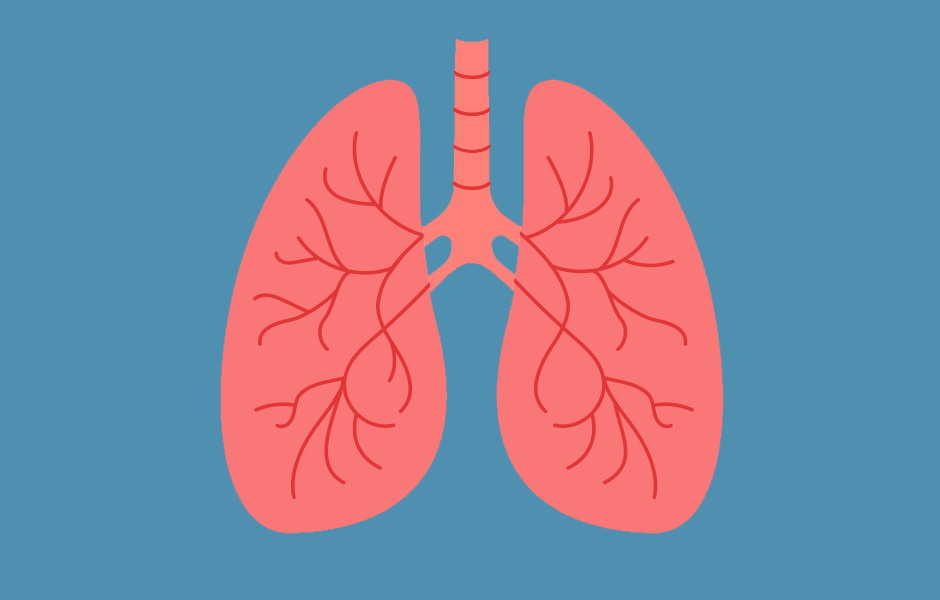Words by Jade Williams
The European Commission has approved a new regimen from AstraZeneca, which combines the company’s durvalumab with chemotherapy for adults with resectable non-small cell lung cancer (NSCLC) at high risk of recurrence.
The positive decision follows the company’s AEGEAN trial, where the regimen reduced the risk of recurrence, progression, or death by 32% compared to neoadjuvant chemotherapy alone.
Every year, more than 450,000 people in Europe are diagnosed with lung cancer. NSCLC is the most common type and is detected early enough for surgery in about 25-30% of cases. However, for most of these patients, the cancer will come back. For those with Stage II disease, only 36–46% live for five years. This drops to 24% for Stage IIIA and just 9% for Stage IIIB, showing an urgent need for better treatments.
Dave Fredrickson, Executive Vice President, Oncology Haematology Business Unit, AstraZeneca, noted in a press release that “today’s approval marks an important step towards improving outcomes for patients in Europe with resectable non-small cell lung cancer, enabling more patients to access this important immunotherapy-based regimen”.
This regimen is already approved in several global markets, including the US, and is under regulatory review in additional countries.
Prof Martin Reck, Head of the Department of Thoracic Oncology, Lung Clinic Grosshansdorf, and member of the AEGEAN Steering Committee and investigator in the trial, commented that the “approval provides an important new treatment option that should become a backbone combination approach for patients in Europe with resectable non-small cell lung cancer, who have historically faced high rates of recurrence and a poor prognosis”.
Indeed, the approval adds a new treatment option for patients in Europe, addressing a long-standing need to reduce the high risk of recurrence.









